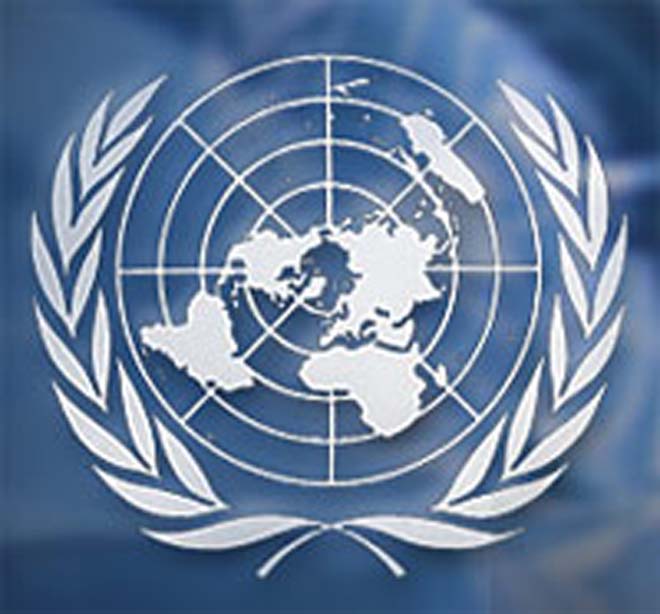Azerbaijan, Baku, Sept. 6 / Trend E.Tariverdiyeva /
Experts believe adoption of a UN document on the occupied territories of Azerbaijan will considerably weaken Armenia's position, once again drawing attention to the Armenian occupation of Azerbaijani territories.
"Armenia is deeply concerned about the discussion of this issue at the UN. They understand that the adoption of this document will further weaken the position of the occupying country," Samad Seyidov, the PACE vice-president, chairman of international relations and interparliamentary relations of the Azerbaijani Parliament, said in an interview with the official website of the ruling party of Azerbaijan.
A number of documents on the South Caucasus will be considered at the plenary session of UN General Assembly, to be held on Sept. 7. A draft resolution entitled "The situation in the occupied territories of Azerbaijan" will be considered.
The conflict between the two South Caucasus countries began in 1988 when Armenia made territorial claims against Azerbaijan. Armenian armed forces have occupied 20 percent of Azerbaijan since 1992, including the Nagorno-Karabakh region and 7 surrounding districts.
Azerbaijan and Armenia signed a ceasefire agreement in 1994. The co-chairs of the OSCE Minsk Group - Russia, France, and the U.S. - are currently holding the peace negotiations.
Armenia has not yet implemented the U.N. Security Council's four resolutions on the liberation of the Nagorno-Karabakh and the surrounding regions.
According to experts, the very fact of such a UN document will greatly weaken the position of Armenia on the international political arena regardless of the fate of the resolution.
Seyidov said that the main point is that the world community would have to express its opinion about the occupation after this issue is discussed by authoritative international organizations. The adoption of any document on the basis of these discussions is very significant for efforts to resolve the Nagorno-Karabakh conflict, he said.
Azerbaijani Parliamentary Deputy Speaker Ziyafet Askerov believes the adoption of a UN resolution reflecting the situation in the occupied territories of Azerbaijan would put diplomatic pressure on Armenia.
"I am confident that the just cause of Azerbaijan will once again prevail. That is, at least, Azerbaijan will be backed by the UN. This will make Armenia seriously consider its actions," Askerov said.
Armenian deputies also believe the adoption of the resolution will be Yerevan's diplomatic failure.
Armenian Heritage Party Parliamentary Faction secretary Larisa Alaverdyan said that if the resolution is adopted, it would have no legal consequences, "but this document is a negative impact on Armenia's position in a political sense," Mediamax reported. She urged the Armenian authorities to take adequate measures to neutralize the possible threat and response to "a clear and well-prepared draft resolution."
Leader of the Democratic Party of Armenia (DPA) Aram Sargsyan said Armenia pursues incorrect diplomacy against Azerbaijan in international structures.
Director of the Russia-Eurasia Center of the Council on Foreign Relations of Germany Alexander Rahr said if the UN Security Council adopted a resolution on the situation in the occupied territories of Azerbaijan, it will not be executed, as the previous UN resolutions on the subject. However, in his opinion, it will be important for further negotiations.
"This resolution is likely to be adopted, but will be adopted for the history, for negotiations and to show that sides should meet each other," Rahr told Trend over the telephone. "But I think that it also will not be fulfilled, because I do not see any drastic changes in the situation now."
No one, besides Azerbaijan, now wants to defrost the Nagorno-Karabakh conflict, he said.
"This explains why nothing happens around the issue of Nagorno-Karabakh," Rahr said.
V.Zhavoronkova and M.Aliyev contributed to the article.
Do you have any feedback? Contact our journalist at: [email protected]






